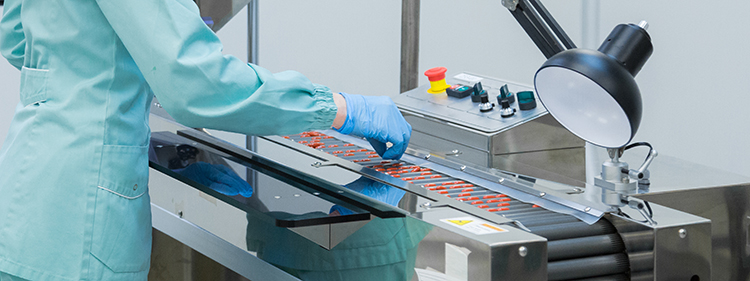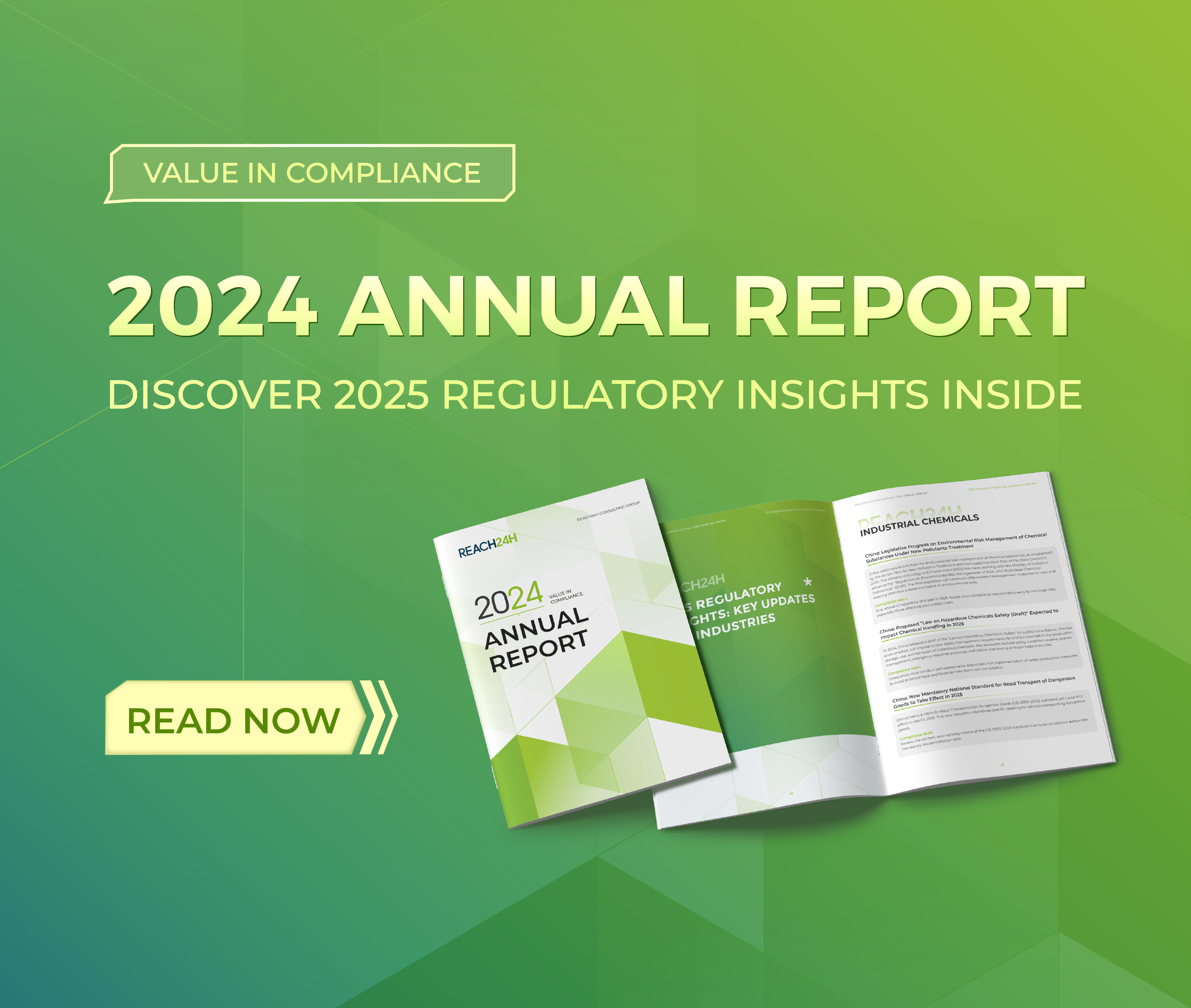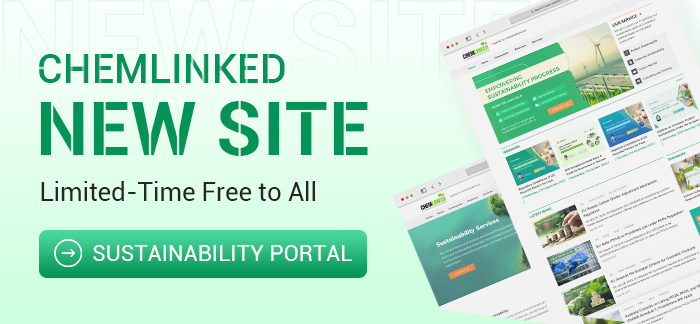Manufacturing Entrustment: Key Points Under China’s Marketing Authorization Holder (MAH) System
From July 22 to 23, the first International MAH Collaboration & Innovation Summit took place in Hangzhou, Zhejiang Province. More than 60 experts, scholars, and drug regulatory officials shared their insights on China’s drug marketing authorization holder (MAH) system. One of the most heated topics is manufacturing entrustment under the MAH system.
The MAH system was first piloted in China in 2015 and officially implemented in 2019. It allows MAHs to entrust manufacturing activities to other companies.
Benefiting from manufacturing entrustment, research institutions/companies can focus their capital and technology more on drug R&D instead of expanding production capacity. Besides, contract manufacturing organizations can make the best use of their production capacity while carrying out the entrusted manufacturing tasks.
With regard to manufacturing entrustment, speakers at the summit interpreted relevant regulations and offered their advice to companies on regulatory compliance. BaiPharm has collected the key points as follows.
Prerequisites for Marketing Authorization: Drug Registration Certificate
According to Article 31 of the Drug Administration Law, drug marketing authorization holder is a company or R&D institution that has obtained drug registration certificate. Individuals are NOT permitted to be MAHs.
To acquire a drug registration certificate, the applicant shall prove that the drug is qualified in safety, efficacy, and quality controllability, and has met the conditions for production and sales. The drug also needs to comply with Good Laboratory Practice (GLP), Good Clinical Practice (GCP), Good Manufacturing Practice (GMP), and Good Pharmacovigilance Practice (GVP).
From July 1, 2020, drug applicants shall obtain the corresponding drug manufacturing license before the marketing authorization application is accepted by NMPA.
Mr. Shifei Chen, deputy head of the National Medical Products Administration (NMPA), shared the data showing that quite a few MAHs are practicing manufacturing entrustment. Among the 7,700 drug manufacturing license holders, 1,277 are MAHs holding manufacturing licenses with classification codes including B*. This means that the 1,277 MAHs entrust some or all of their drugs to be manufactured by other companies. 598 out of the 1,277 MAHs have manufacturing licenses only with code B, indicating that the drugs held by the 598 MAHs are all manufactured via entrustment.
*Drug manufacturing license classification codes:
- A is for MAHs that manufacture drugs by themselves;
- B is for MAHs that entrust drug manufacture to other parties;
- C is for drug manufacturing companies that accept the manufacturing entrustment from MAHs.
- D is for companies that manufacture active pharmaceutical ingredients (APIs). Please note that APIs have filing numbers (not drug registration certificates) if their drug master files (DMF) have been filed to CDE.
Regulations on Different Products in Terms of Manufacturing Entrustment
Certain products are not allowed for manufacturing entrustment. BaiPharm has listed different requirements for different categories of products in the table below:
| Products | Regulation |
| Drugs | MAHs can entrust the manufacture of drugs to qualified pharmaceutical manufacturers. |
| Blood products, anesthesia, antipsychotics, toxic drugs for medical use, chemical precursors | MAHs shall NOT entrust the manufacture of these products unless permitted by NMPA.3 |
| APIs that have been registered, approved independently, or approved in association with relevant drug products. | MAHs shall NOT entrust the manufacture of these products. |
| Vaccines | – The vaccine MAH shall have capabilities to manufacture vaccines.
– If the demand exceeds the production capabilities, the MAH shall apply for NMPA’s approval for entrusting the manufacture to others. |
Qualifications of the Entrusted Manufacturers
- The manufacturer should meet the conditions for factories, facilities, personnel, technology, quality testing, and quality management.
- The manufacturer should have sufficient production capacity and reduce risks to the minimum if multiple types of products are produced on the same production line.
- The manufacturer should comply with GMP with no adverse records and credit rating of AA or A.
- The manufacturer should have constant outputs and fixed personnel for production & quality management.
Location Requirements for MAHs and Entrusted Manufacturers
Under the current MAH system, manufacturing entrustment is only legally feasible when they are both in China or outside China.
| MAH | Manufacturer | Regulation |
| Chinese | Another Chinese company | The entrustment is regulated by provincial medial products administrations;
The MAH and the manufacturer shall obtain drug manufacturing licenses first. |
| Overseas | Another overseas company | The entrustment is regulated by NMPA;
The drug shall have overseas marketing authorization; The overseas MAH shall appoint a Chinese legal person as its local agent. |
| Chinese | Overseas | Lack of legal basis. |
| Overseas | Chinese | Lack of legal basis. |
| *MAHs in Hong Kong or Macao can entrust manufacture to qualified companies in nine cities in the Greater Bay Area, including Guangzhou, Shenzhen, Zhuhai, Foshan, Huizhou, Dongguan, Zhongshan, Jiangmen and Zhaoqing.4 | ||
Obligations in CMO Quality Agreement
To entrust manufacture, an MAH should sign the entrustment agreement and the quality agreement with the entrusted manufacturer (CMO). For quality agreement, both parties should fulfill the listed obligations:
| Item | MAH | CMO |
| Product release | Release products to the market | Release products from the production line |
| Deviation investigation | Review and approve the deviation report | Report, investigate, correct, and prevent deviations |
| User complaint | Accept and handle the complaints about product quality | Investigate the complained products’ quality |
| Change | Approve the product-related changes | Evaluate and carry out changes |
| Product recall | Initiate and coordinate product recall; report the recall progress to the competent authorities | Report events that may cause product recall; assist product recall |
| Quality standard and analytical methodology | Review and approve quality standards and analytical methodology | Draft and revise quality standards and analytical methodology |
| Stability study | Approve the stability study plan and report | Conduct stability study |
Requirements for MAHs to Fulfill the Entrustment Agreement
1. Establish efficient communication mechanism
The MAH should conduct timely communications with the entrusted manufacturer on issues such as product changes, deviations, and complaints to ensure timely solution to the issues, ensure regulatory compliance, and control the risks.
2. Enhance trainings for entrusted manufacturers
The MAH should strengthen the trainings on registration materials and technical documents. The entrusted manufacturer should grasp the key control points in production and requirements for quality control.
3. Improve supervision and guidance
The MAH should dispatch employees to the manufacturing site to supervise and guide the overall manufacturing process. The MAH should also conduct periodical on-site review of the quality management system to maintain regulatory compliance.
For more regulations about the MAH system, please refer to the related resources:
Insight: China’s Marketing Authorization Holder (MAH) System
- MAH’s Definition
- Requirements for Becoming an MAH
- MAH’s Rights
- MAH’s Responsibilities
- Regulations on MAH Entrusting Product Manufacturing to Others
- Transfer of Marketing Authorization (MAH Change)
- Documentation Requirements for MAH Change
- Impacts of MAH System on International Companies in the Chinese Market
Reprinted from: ChemLinked
Reference Links
- News: China Implements New Rules on Drug MAH’s Annual Reports
- Free Webinar: Decoding China’s Drug Marketing Authorization Holder (MAH) System
Contact Us
BaiPharm, a subsidiary of REACH24H Consulting Group, is specialized in pharmaceutical industry consultancy services. With our experts across China, Japan, South Korea, the United States, and Europe, BaiPharm is fully qualified to engage in complex market entry projects of finished drugs, APIs, excipients, and packaging materials for most key markets.
If you have any questions about pharmaceutical regulatory compliance in China, please feel free to contact us.
Tel: +86 (0)571-87007555
Email: customer@reach24h.com



